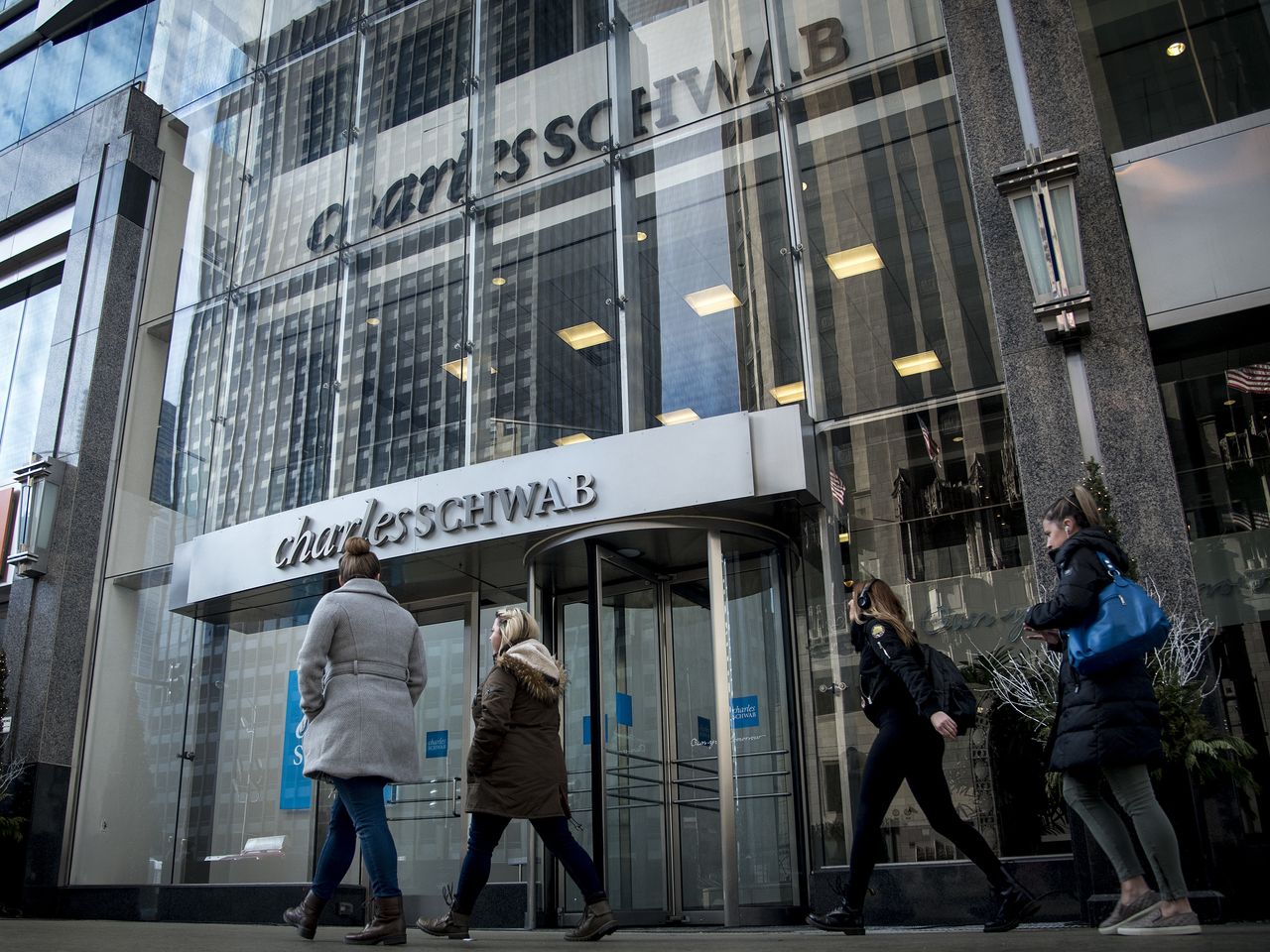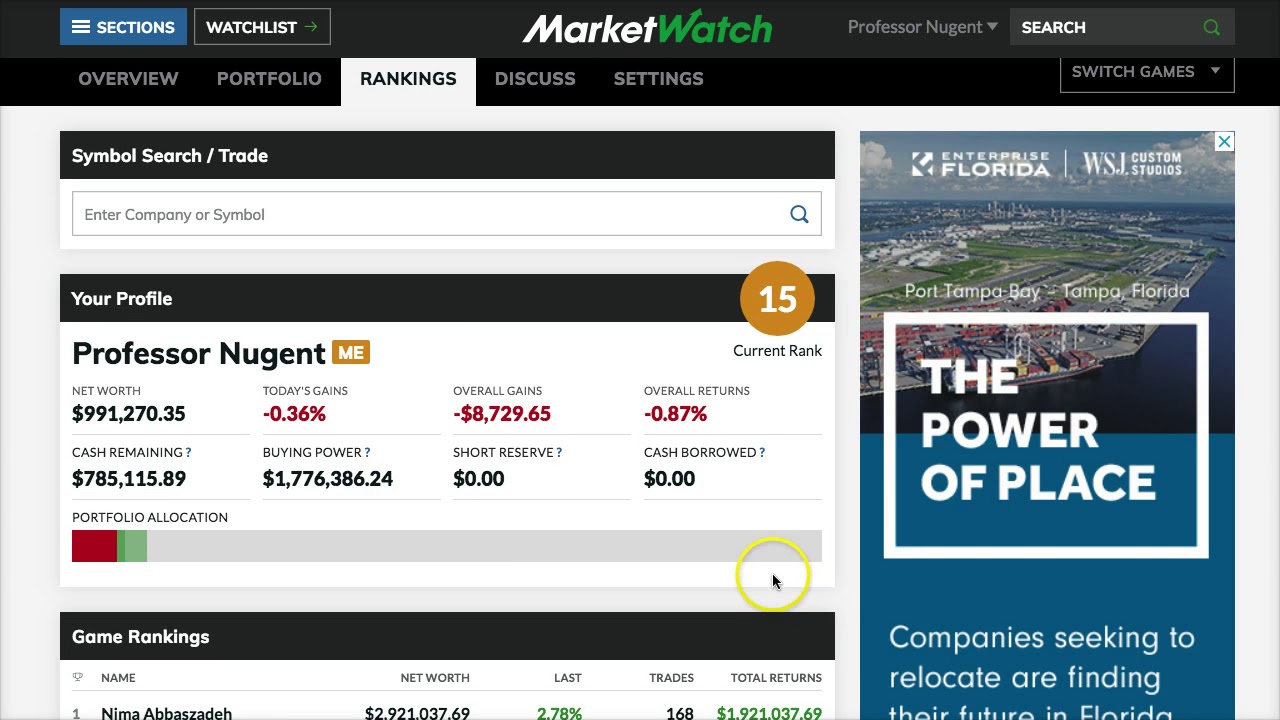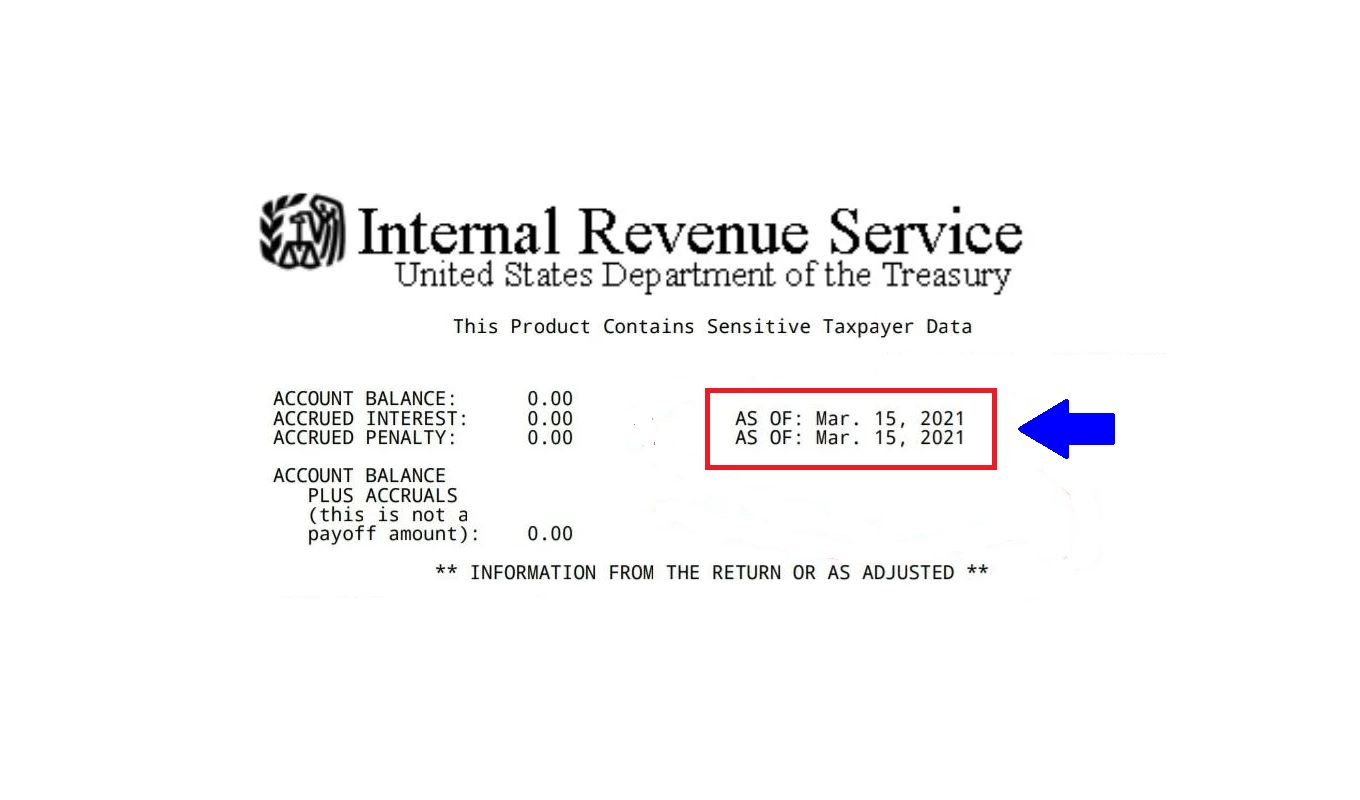

Finance
What Is A Sell Off In Stocks
Published: January 18, 2024
Learn about sell off in stocks and its impact on the finance industry. Understand how this phenomenon affects investors and the stock market.
(Many of the links in this article redirect to a specific reviewed product. Your purchase of these products through affiliate links helps to generate commission for LiveWell, at no extra cost. Learn more)
Table of Contents
Introduction
In the world of finance and investing, the stock market is known for its fluctuations. Prices of stocks can rise to new heights one day and plummet unexpectedly the next. One of the most daunting experiences for investors is witnessing a sell off in stocks. A sell off refers to a situation in which a large number of investors rush to sell their stocks, causing a significant drop in the market value.
Stock sell offs can be triggered by a variety of factors, including economic downturns, geopolitical tensions, and market uncertainty. When these events occur, panic can quickly spread among investors, leading to a mass exodus from the stock market. The result is a rapid decline in stock prices, often accompanied by increased market volatility.
Understanding the causes and implications of a sell off in stocks is crucial for both seasoned investors and those new to the market. By gaining insight into how and why sell offs occur, investors can make informed decisions and develop strategies to navigate these tumultuous times.
In this article, we will delve into the definition of a sell off in stocks and explore the various factors that contribute to this phenomenon. We will examine the role of market volatility and psychological factors in triggering sell offs, and provide examples of recent sell off events. Furthermore, we will discuss the impact of sell offs on investors and share strategies for dealing with these challenging market conditions.
Definition of a Sell Off in Stocks
A sell off in stocks occurs when a significant number of investors decide to sell their stock holdings within a short period of time. It is characterized by a rapid and substantial decline in stock prices, leading to a negative sentiment in the market. During a sell off, selling pressure overwhelms buying interest, causing the supply of available stocks to exceed the demand, thereby driving down prices.
When a sell off occurs, it is not uncommon to see a wave of panic selling, as investors rush to exit their positions in an attempt to minimize their losses or protect their gains. This collective behavior can exacerbate the downward momentum in the market, creating a domino effect that often leads to a spiral of declining prices.
Sell offs can range in intensity and duration. Some sell offs may be short-lived, lasting only a few hours or days, while others can persist for weeks or even months. The severity of a sell off is often measured by the magnitude of the decline in stock prices. Sell offs can result in significant losses, wiping out considerable portions of investors’ portfolios.
It’s important to note that not all dips in stock prices are classified as sell offs. Stock market corrections, for example, are a normal and healthy part of the market cycle and can be distinguished from sell offs by their milder nature and shorter duration. Sell offs, on the other hand, are usually characterized by a swift and substantial drop in prices, often fueled by fear and panic among investors.
Stock sell offs can affect individual stocks, entire sectors, or even the broader market indices. It is not uncommon to see sell offs spreading across different markets globally, as uncertainty and negative sentiment can quickly transcend borders.
Now that we have defined what a sell off in stocks entails, let’s explore the various factors that can trigger such market events.
Causes of Stock Sell Offs
A sell off in stocks can be caused by a range of factors, both external and internal to the market. Understanding these causes is crucial for investors to navigate the volatile nature of the stock market. Here are some common triggers of stock sell offs:
1. Economic Downturn: Economic recessions or slowdowns can instigate sell offs. When economic indicators such as GDP growth, employment, or consumer spending show signs of weakness, investors may fear a decline in corporate profits and sell their stocks in anticipation of lower returns.
2. Geopolitical Tensions: Uncertainty arising from geopolitical events, such as wars, political conflicts, or trade disputes, can spark sell offs. These events can disrupt global trade and economies, leading to investor concerns about the potential negative impact on corporate earnings.
3. Interest Rate Changes: Changes in interest rates, especially those made by central banks, can affect investor sentiment and trigger sell offs. Higher interest rates can increase borrowing costs for companies, potentially reducing their profitability and leading investors to sell their stocks.
4. Company-specific Factors: Negative news or developments related to specific companies can lead to sell offs in their stocks. For example, poor earnings reports, management scandals, or product recalls can erode investor confidence and prompt them to sell their holdings.
5. Market Sentiment and Fear: Investor sentiment plays a significant role in driving stock sell offs. When fear and pessimism dominate the market, it can lead to a self-fulfilling prophecy as more investors sell their stocks, further driving down prices.
6. Overvaluation and Bubble Burst: When stock prices become disconnected from their underlying fundamentals and reach unsustainable levels, it can lead to a market bubble. Eventually, the bubble bursts, resulting in a sell off as investors rush to sell their overpriced holdings.
7. Margin Calls: Margin trading, where investors borrow money to buy stocks, can exacerbate sell offs. If stock prices decline sharply, investors with outstanding margin loans may receive margin calls, requiring them to repay their loans or provide additional collateral. This can lead to forced selling of stocks, contributing to the sell off.
It’s important to note that sell offs can be a combination of multiple factors and often occur in conjunction with market volatility. By staying informed about the potential triggers of sell offs, investors can make better-informed decisions and mitigate the impact of sudden market downturns.
Market Volatility and Sell Offs
Market volatility and sell offs often go hand in hand. Volatility refers to the rapid and unpredictable price fluctuations in the stock market. It is influenced by a combination of factors, including economic conditions, investor sentiment, and market events. Understanding the relationship between market volatility and sell offs is crucial for investors to navigate the stock market effectively.
During periods of high volatility, market participants become more risk-averse, leading to increased selling pressure. When uncertainty and fear dominate the market, investors tend to sell their stocks to protect themselves from potential losses. As a result, this intensified selling activity can contribute to a sell off, pushing down stock prices even further.
Volatility can be measured by market indices, such as the CBOE Volatility Index (VIX), also known as the “fear gauge.” The VIX reflects the market’s expectation of volatility in the near term. Higher values indicate increased volatility and heightened fear in the market, while lower values indicate relative calmness.
There are several factors that can contribute to market volatility and subsequently trigger sell offs:
1. Uncertain Economic Conditions: Economic indicators, such as GDP growth, inflation rates, and employment data, can contribute to market volatility. Unexpected or disappointing economic data can instigate sell offs as investors reevaluate their expectations for company earnings and overall market performance.
2. Global Events and News: Geopolitical tensions, natural disasters, and other major news events can have a significant impact on market volatility. Negative news can create panic in the market, resulting in increased selling activity and potential sell offs.
3. Financial Crises: Major financial crises, such as the 2008 global financial crisis, can cause extreme volatility and sell offs. During these crises, investor confidence is severely shaken, leading to widespread selling and a sharp decline in stock prices.
4. Investor Sentiment: Market sentiment is influenced by the collective emotions and expectations of investors. When sentiment turns negative, it can increase volatility and potentially trigger sell offs. Fear, uncertainty, and panic can drive investors to sell their holdings, further exacerbating market instability.
5. Algorithmic Trading and High-Frequency Trading: The rise of algorithmic trading and high-frequency trading has contributed to increased market volatility. These automated trading strategies can amplify price movements and exacerbate sell offs through rapid buying or selling actions in response to market conditions.
It is important to note that while market volatility can increase the likelihood of sell offs, not all periods of volatility result in significant market declines. Volatility can also present opportunities for savvy investors, as heightened price fluctuations can create favorable buying opportunities.
In the next section, we will explore the psychological factors that often come into play during sell offs and contribute to the market’s volatility.
Psychological Factors Contributing to Sell Offs
Psychological factors play a significant role in driving sell offs in the stock market. Human emotions, such as fear, greed, and herd mentality, can greatly influence investor behavior and contribute to market volatility. Understanding these psychological factors is crucial for investors to navigate sell offs and make informed decisions.
1. Fear and Panic: Fear is one of the most powerful emotions that can drive sell offs. When investors perceive a threat to their investments, such as a worsening economic outlook or negative news, fear can take hold. As fear spreads among market participants, it can trigger a mass sell off as individuals rush to exit their positions and protect their capital.
2. Herd Mentality: Human beings have a natural tendency to follow the crowd. During sell offs, this herd mentality can intensify, leading to a self-reinforcing cycle of selling. As investors see others selling, they may feel pressure to do the same, fearing that they may miss out on potential gains or avoid significant losses. This collective behavior can contribute to exaggerated market movements and steep declines.
3. Cognitive Biases: Cognitive biases, such as confirmation bias and recency bias, can influence investor decision-making during sell offs. Confirmation bias leads individuals to seek out information that confirms their existing beliefs, potentially leading them to sell based on selective or biased information. Recency bias causes investors to give more weight to recent events and experience, leading them to extrapolate short-term market declines as long-term trends.
4. Overreaction to News: Sell offs can be triggered by negative news or events, regardless of their actual impact on the underlying fundamentals of companies. Investors may overreact to sensationalized headlines or focus solely on short-term implications, leading to irrational selling. This can create opportunities for value investors who are able to assess the long-term prospects of companies.
5. Greed and FOMO: While fear can drive sell offs, greed can also play a role in market volatility. During bull markets and periods of excessive optimism, investors may become overly confident and exhibit a fear of missing out (FOMO). This can lead to speculative buying and inflating asset prices. However, when sentiment shifts and the market begins to sell off, greed can quickly turn to fear, triggering a sell off as investors rush to lock in their gains.
It is important for investors to recognize and manage these psychological biases when making investment decisions. By staying informed, maintaining a long-term perspective, and avoiding succumbing to extreme emotions, investors can better navigate sell offs and potentially take advantage of buying opportunities that arise during periods of market volatility.
Examples of Recent Stock Sell Offs
Stock sell offs are not uncommon in the dynamic world of finance. Here are a few examples of recent sell offs that have captured the attention of investors around the globe:
1. COVID-19 Pandemic Sell Off (2020): The outbreak of the COVID-19 pandemic in early 2020 triggered a global sell off in stock markets. As countries implemented lockdown measures and economic activity slowed down, investors became increasingly uncertain about the impact of the virus on businesses and the overall economy. This uncertainty led to a massive sell off, with major market indices experiencing significant declines in a short period of time.
2. Dot-Com Bubble Burst (2000): The dot-com bubble of the late 1990s and early 2000s resulted in a sell off of technology stocks. During this period, investors flocked to internet-based companies, many of which had lofty valuations without consistent profits. As the bubble burst, investors quickly sold off their technology stocks, leading to a sharp decline in share prices and substantial losses for those caught in the euphoria of the bubble.
3. Financial Crisis Sell Off (2008): The global financial crisis of 2008 was triggered by the collapse of Lehman Brothers and the subsequent subprime mortgage crisis. This crisis led to a widespread sell off in financial markets, as investors became increasingly concerned about the stability of financial institutions and the global economy. Stock markets plummeted, resulting in significant losses for investors worldwide.
4. Flash Crash (2010): In May 2010, the stock market experienced a rapid and severe sell off known as the “Flash Crash.” Within minutes, major market indices experienced a significant decline, only to partially recover minutes later. This event was attributed to a cascade of computer-driven trading algorithms and high-frequency trading, amplifying the selling pressure and causing extreme volatility.
5. Trade War Sell Off (2019): The escalation of trade tensions between the United States and China in 2019 contributed to a sell off in global stock markets. As tariffs were imposed on a wide range of goods and uncertainty grew, investors became concerned about the potential impact on corporate profits and global economic growth. This led to increased selling pressure and a decline in stock prices.
These examples highlight how various events and factors can trigger sell offs, from global pandemics to economic crises and geopolitical tensions. While sell offs can be unsettling, they are also a reminder of the inherent volatility of the stock market and the importance of investor resilience and diversification in navigating such market fluctuations.
Impact of Sell Offs on Investors
Sell offs in the stock market can have a significant impact on investors, both financially and psychologically. Let’s examine the key effects of sell offs on investors:
1. Financial Losses: One of the most immediate and visible impacts of a sell off is the potential for financial losses. As stock prices decline, investors who have not exited their positions may experience a decrease in the value of their investment portfolios. For those heavily invested in stocks, the financial impact of a sell off can be substantial, potentially eroding a significant portion of their wealth.
2. Emotional Stress and Anxiety: Sell offs can create emotional stress and anxiety among investors. Witnessing the value of their investments decline rapidly can lead to fear, worry, and a sense of helplessness. The uncertainty and volatility associated with sell offs can take a toll on investors’ mental well-being and affect decision-making abilities.
3. Investor Confidence: Sell offs can shake investor confidence in the stock market and the economy as a whole. Investors who have experienced significant losses may become wary of future investment opportunities, leading to a decrease in overall market participation. This loss of confidence can have a long-lasting impact on investor sentiment and the stability of the market.
4. Portfolio Reevaluation: Sell offs often prompt investors to reassess their investment portfolios. Investors may analyze their risk tolerance, diversification strategies, and the suitability of their current holdings. Sell offs can serve as a wake-up call, highlighting the importance of a well-diversified portfolio and the need for risk management.
5. Investment Strategies and Decision-making: Sell offs can have a profound effect on investment strategies and decision-making processes. Investors may be more cautious and conservative in their approach following a sell off, potentially opting for safer investments or implementing risk mitigation strategies, such as stop-loss orders or increased diversification.
6. Bargain Hunting Opportunities: Sell offs can create buying opportunities for bargain hunters. When stock prices decline significantly during a sell off, some investors see it as an opportune time to enter the market or add to their existing positions. They may seek undervalued stocks with strong fundamentals and long-term growth potential, aiming to capitalize on the market’s recovery.
It’s important for investors to remain calm and objective during sell offs, rather than making impulsive decisions based on emotional reactions. Maintaining a long-term perspective, sticking to a well-thought-out investment plan, and consulting with financial advisors can help mitigate the negative impacts of sell offs and position investors to take advantage of potential market opportunities that may arise in the aftermath of a sell off.
Strategies for Dealing with Stock Sell Offs
While stock sell offs can be unnerving, investors can employ various strategies to navigate these challenging market conditions. Here are some strategies to consider when faced with a sell off:
1. Stay Informed and Calm: It’s important to stay informed about market developments and the factors driving the sell off. Keep a level-headed approach, avoid making impulsive decisions based on short-term market fluctuations, and focus on the long-term prospects of your investments.
2. Review and Rebalance Your Portfolio: Use a sell off as an opportunity to review your investment portfolio. Assess the diversification of your holdings and rebalance if necessary. Rebalancing involves adjusting the allocation of your assets to align with your investment goals and risk tolerance.
3. Diversify Your Investments: Diversification is key during sell offs as it helps spread risk across different asset classes and sectors. Consider diversifying your investments beyond stocks, such as including bonds, cash, or alternative investments, to help protect your portfolio during times of market volatility.
4. Focus on Quality Investments: During a sell off, it’s important to focus on quality investments with strong fundamentals that are likely to withstand tumultuous market conditions. Look for companies with solid financials, robust business models, and a history of consistent performance.
5. Maintain Adequate Cash Reserves: Having cash reserves can provide flexibility during a sell off. It allows you to take advantage of potential buying opportunities when stock prices decline. Having cash on hand also provides a buffer for unexpected expenses or income disruptions.
6. Take Advantage of Dollar-Cost Averaging: Dollar-cost averaging involves investing a fixed amount of money at regular intervals, regardless of market conditions. This strategy allows you to buy more shares when prices are low and fewer shares when prices are high. This approach can help smooth out the effects of volatility over time.
7. Seek Professional Advice: Consider consulting with a financial advisor during sell offs. A professional advisor can provide valuable guidance tailored to your specific financial situation and long-term goals. They can help you navigate market volatility and make informed investment decisions.
8. Avoid Making Emotional Decisions: Emotions can drive irrational investment decisions during sell offs. Avoid succumbing to fear, panic, or greed. Stay disciplined and adhere to your investment plan. Emotional decisions often lead to selling low and missing out on potential market recoveries.
Remember, sell offs are a natural part of the stock market cycle. While they can be unsettling, they also present opportunities for long-term investors. By staying committed to your investment strategy, maintaining a diversified portfolio, and keeping a long-term perspective, you can navigate sell offs with more confidence and potentially capitalize on potential market recoveries.
Conclusion
Sell offs in the stock market are inevitable and can be a daunting experience for investors. Understanding the definition, causes, and impacts of sell offs is crucial for navigating the volatile nature of the stock market effectively.
We have explored the definition of a sell off, which occurs when a significant number of investors rush to sell their stocks, resulting in a rapid decline in stock prices. We have discussed the various factors that can trigger sell offs, including economic downturns, geopolitical tensions, and market volatility.
Market volatility and psychological factors, such as fear, herd mentality, and cognitive biases, often contribute to the intensity and duration of sell offs. These factors can create additional challenges for investors, including financial losses, emotional stress, and a decrease in investor confidence.
However, sell offs also present opportunities for savvy investors. By staying informed, reviewing and rebalancing portfolios, diversifying investments, and maintaining cash reserves, investors can position themselves to take advantage of potential buying opportunities and mitigate the negative impacts of sell offs.
Lastly, it is crucial to avoid making emotional decisions during sell offs and seek professional advice when needed. By staying disciplined, adhering to a long-term investment plan, and focusing on quality investments, investors can navigate sell offs with greater confidence and resilience.
Remember that the stock market is dynamic and unpredictable, and sell offs are a natural part of its cycle. By being prepared, informed, and proactive in your investment approach, you can navigate sell offs and potentially position yourself for long-term success in the ever-changing world of finance.














